Maintaining good oral hygiene is an important part of your orthodontic treatment. Your braces, bands, wires, aligners, and retainers can trap food debris and make it tricky to remove plaque with brushing and flossing. Practicing careful dental hygiene after eating is the best way to avoid plaque accumulation, tooth decay, and gum disease. Follow these oral hygiene tips for braces patients, and contact Dr. Azar at Arleen Azar-Mehr, D.D.S., M.S. in Northridge if you have more questions.
Brushing
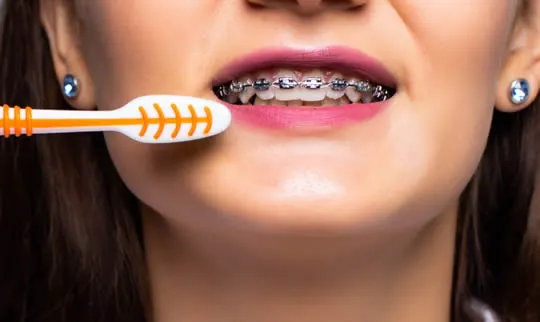
Strive to brush your teeth three times each day to get rid of food particles that can build up in your teeth and braces. Aim to brush after breakfast, after lunch or right after school, after dinner, and at bedtime.
Flossing
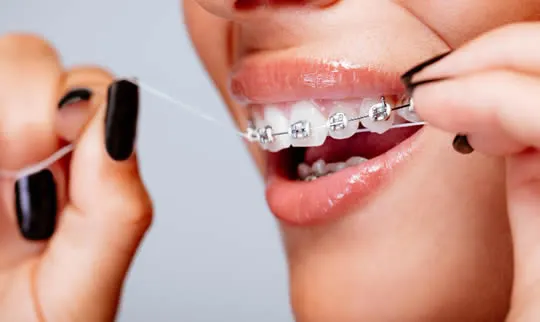
Since aligners are removable, flossing will be not be affected. Even though it can be time-consuming with braces, it’s important to floss your teeth daily, especially for adult patients. The ideal time is before going to bed so that your teeth are clean for the night. A reusable floss threader can be very helpful in getting the floss under your wires. Pull a small amount of floss through the threader before sliding it up and down along the front of every tooth. Floss gently around your archwire to avoid damaging it.
Mouth Rinse
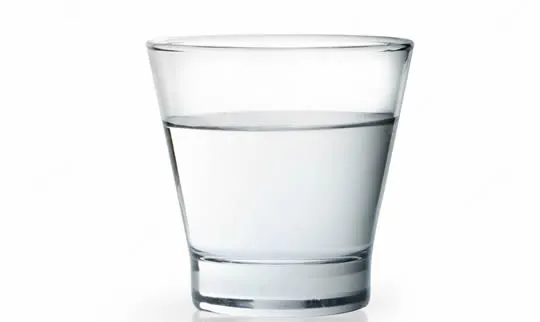
A salt water mouth rinse can minimize gum or cheek inflammation, avoid infection, and reduce irritation caused by braces. Salt water rinsing promotes healing inside your mouth and reduced swelling. General irritation from braces, canker sores, cheek bites, or other minor gum issues can be improved by using this rinse.
Interdental Toothbrush
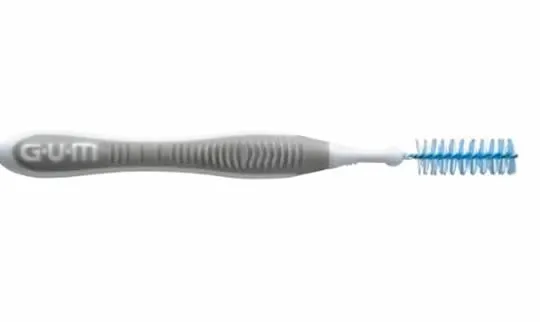
An interdental toothbrush means that it goes between the teeth. It is good for cleaning under and around your braces and archwires. Use an interdental toothbrush gently to avoid wire damage.
Topical Fluoride
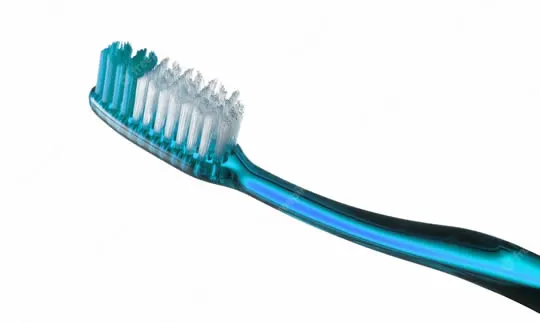
Removable Appliance
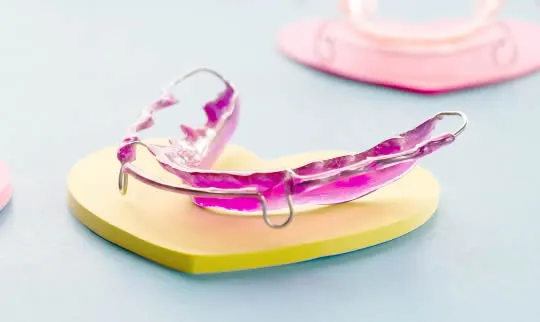
Part of your routine should be brushing your removable appliance every day. Just like your teeth, the appliance can accumulate plaque buildup. If you like you can soak your appliance daily in a denture cleaning tablet that has been dissolved in room temperature tap water.
ADDITIONAL FREQUENTLY ASKED QUESTIONS ABOUT ORAL HYGIENE
Can I use an electric toothbrush with braces?
How should I clean my orthodontic retainer?
Is it necessary to visit the dentist more frequently while wearing braces?
Can I still whiten my teeth while wearing braces?
Helpful Related Links
- American Dental Association (ADA). Glossary of Dental Terms.
- WebMD. What is an orthodontist
